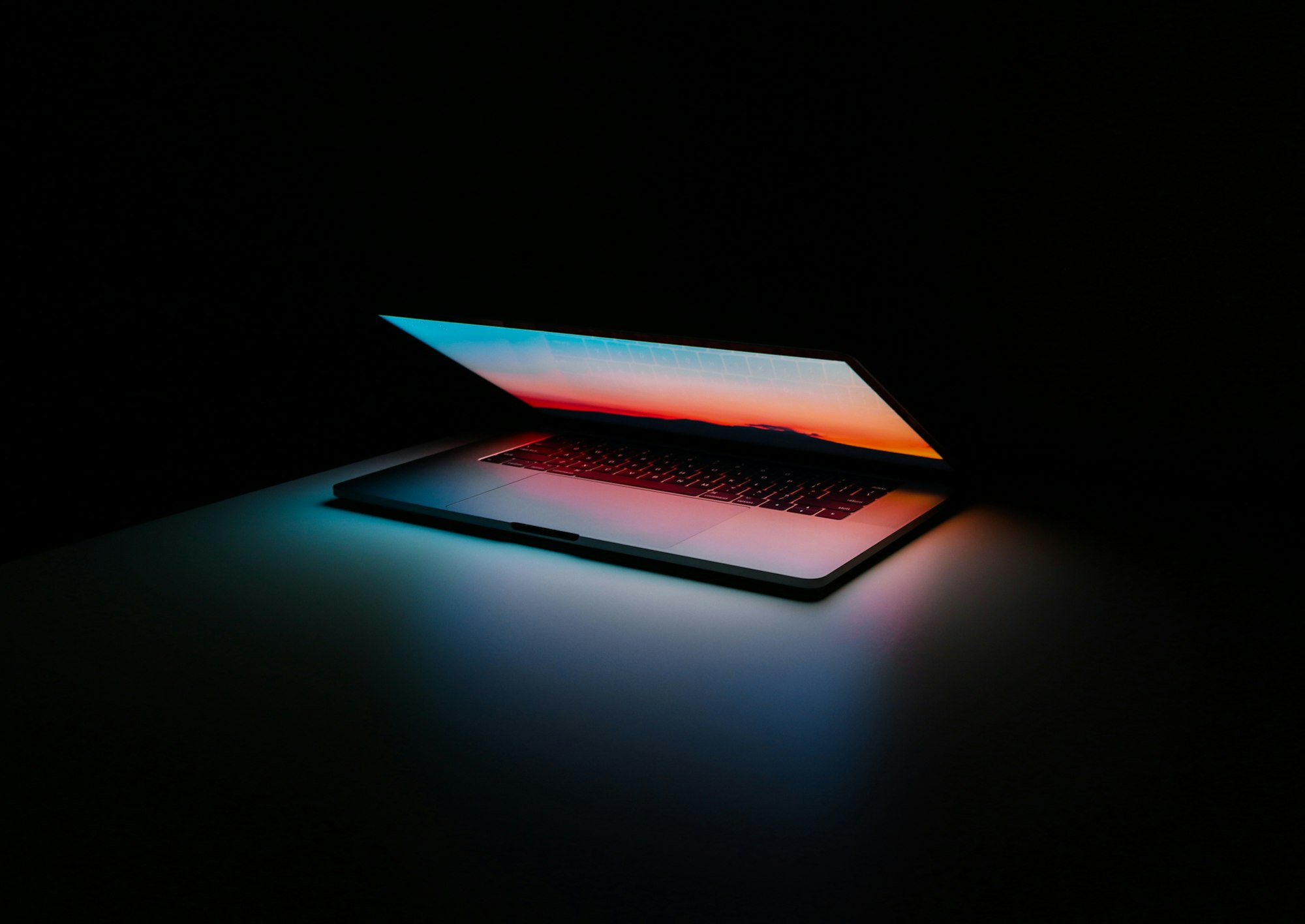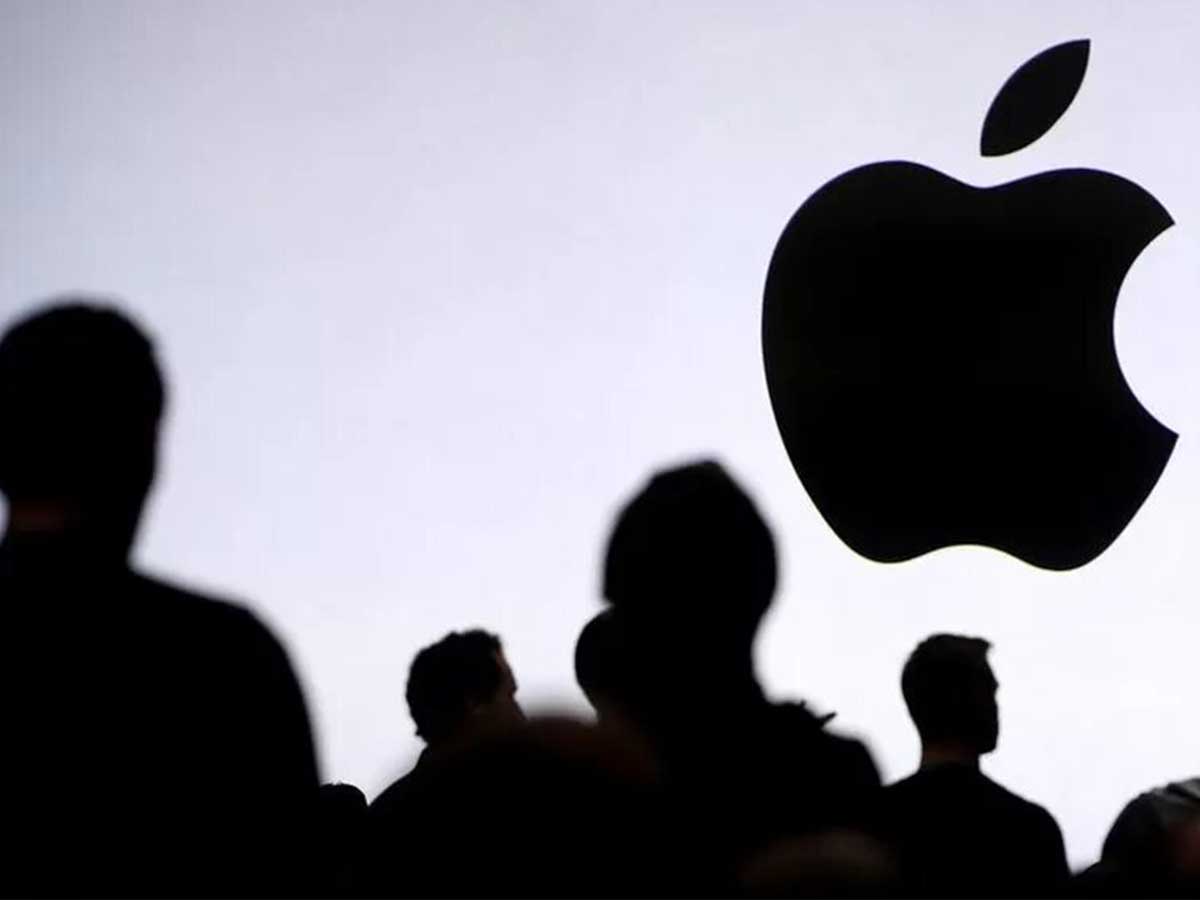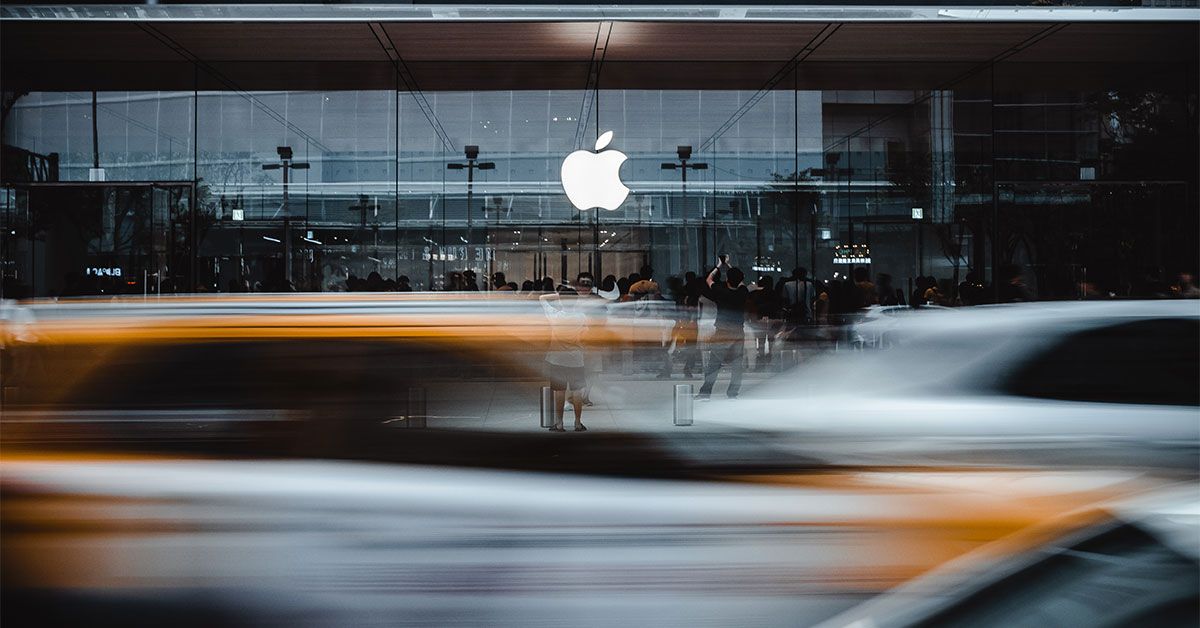As technology plays a bigger role in our everyday routines, it's essential to emphasize the significance of cybersecurity. In addition, it's important to prioritize protecting our personal information as cyber-attacks become more advanced and frequent. Unfortunately, some Mac users mistakenly believe their devices are impervious to malware and other online dangers. Although Macs are generally more secure than Windows computers, they are not entirely immune to cyber threats.
Apple has always emphasized security, from its hardware to its software, making its products popular among privacy-conscious individuals and businesses. This article delves into the security measures of Apple's Mac operating system. In addition, it provides tips on how to bolster your Mac's security. The security features of Unix are renowned for being robust, which makes it challenging for attackers to take advantage of vulnerabilities. Additionally, Apple has tight control over the hardware and software used in their products, further enhancing their security. However, despite these measures, Macs can still be targeted by malware and viruses.

Apple's software chief has acknowledged the presence of malware on Macs, demonstrating that the system is not completely invulnerable. Although Macs are generally less vulnerable to malware compared to PCs, it is still crucial for users to take measures to safeguard their devices.
In November 2020, Apple introduced a new line of Macs that use M-series chips instead of the traditional Intel processors. These chips are considered more secure than Intel processors, as they are designed to incorporate security features directly into the hardware. However, despite their enhanced security features, malware has still been found on M1 Macs.
Antivirus and Security Updates
Apple offers two tools to help protect against malware on Mac operating systems: XProtect and Gatekeeper. XProtect is an antivirus software that scans for known malware and prevents it from running. Meanwhile, Gatekeeper restricts users from downloading and installing software from untrusted sources. Although these tools are beneficial, they do have some limitations. For example, XProtect only scans for known malware and may not catch new or unknown threats, while sophisticated attackers can bypass Gatekeeper.
Regular security updates are crucial for maintaining the security of any computer system, including Macs. Apple frequently releases security updates to address vulnerabilities and patch security holes. As a result, users must install updates regularly to keep Macs safe from the latest threats. In addition, apple offers automatic software updates that can be enabled in the System Preferences. With this feature, users can be certain that their Macs are always running the latest software with built-in security features.

Rapid Security Response is another feature that enhances the security of Macs. It's a service provided by Apple that monitors for and quickly responds to emerging security threats. This service enables Apple to quickly develop and release security updates to protect users from new threats. Rapid Security Response is especially useful for protecting against zero-day exploits, which are attacks that exploit vulnerabilities that are not yet known or patched. By using this service, Mac users can have peace of mind knowing that Apple is actively monitoring and responding to emerging threats.
Privacy and VPNs
Recently, concerns about online privacy have grown, and Apple has introduced several features to address them. One of these features is iCloud Private Relay, which aims to enhance users' privacy by preventing their browsing data from being tracked by internet service providers and websites. This service operates by routing a user's internet traffic through two servers, obscuring the user's IP address and preventing anyone from identifying their location or online activities. However, while iCloud Private Relay is a useful tool, it has some limitations. For example, it is only available to users with an iCloud+ subscription, which may be a barrier to some users. Additionally, this service may not work with certain websites or apps, which could limit its effectiveness.
To enhance online privacy, besides using Apple's native privacy features, one can also opt for third-party virtual private networks (VPNs). These VPNs ensure additional security by encrypting internet traffic and directing it through servers located in various parts of the globe. This makes it more difficult for anyone to track a user's online activities or identify their location. Many VPN solutions are available for Mac users, ranging from free services to paid options with advanced features. However, choosing a reputable VPN provider is important, as some may collect user data or have other security concerns.
Firewall and FileVault
Mac users can enhance their system's security by utilizing built-in features like the macOS firewall and FileVault encryption. The macOS firewall is a network security system that monitors and controls incoming and outgoing network traffic. While it provides a basic level of protection, it has limitations, such as being unable to monitor traffic on individual applications or block outgoing connections.
Suppose you want more precise control over outgoing connections. In that case, you can use third-party apps like Little Snitch and Hands Off to prevent unauthorized connections. These apps let you track and manage network traffic for each application, which means you can choose which apps can access the internet and when they can do so.
Another built-in security feature is FileVault encryption, which protects data on the Mac by encrypting the entire hard drive. FileVault requires a password to decrypt the data; without it, the data is effectively inaccessible. Therefore, it's crucial to keep your password safe and secure when using FileVault to protect sensitive data, as resetting it will result in losing access to the encrypted files. Users can access the encrypted data by entering the password at the login screen or using the recovery key generated when FileVault is first enabled.
Apple's Security Certifications
Apple has always prioritized the security of its devices, and this dedication is reflected in the numerous certifications and attestations it has earned from third-party organizations. For example, apple has achieved ISO/IEC 27001 and ISO/IEC 27018 certifications, globally recognized standards for information security management systems, and the protection of personally identifiable information in the cloud, respectively.

In addition to these certifications, Apple devices are designed with built-in security capabilities such as the Secure Enclave coprocessor, which provides a dedicated processor for encryption and security-critical operations. This coprocessor is present in Apple's iOS, iPadOS, watchOS, and macOS devices. It is responsible for safeguarding sensitive information such as Face ID and Touch ID biometric data, as well as encryption keys.
Apple has also received independent certifications and attestations over its operating system and apps. For example, the Common Criteria certification is an internationally recognized evaluation scheme for IT products. Apple's iOS has achieved this certification at the highest level, making it one of the most secure mobile operating systems available. Additionally, Apple's Safari web browser has received the OWASP Top Ten Web Application Security Risks certification, which recognizes its security features and ability to protect users from common web-based threats.
While Macs are generally considered more secure than their Windows counterparts, it is important to remember that no system is entirely invulnerable. As a Mac user, it's crucial to prioritize your cybersecurity by staying informed, installing reliable antivirus software, and ensuring your device is updated with the latest security patches. To further enhance your protection, consider utilizing third-party privacy and security tools like VPNs and firewalls. Apple's commitment to privacy and security is reflected in the certifications and attestations they have received from third-party organizations. Mac users can enjoy a secure and safe computing experience by taking these steps and being vigilant. Again, it's important to prioritize cybersecurity and take precautions to ensure safety rather than risking potential harm.
Source: support.apple.com / first.org / carbidesecure.com / fortinet.com / macworld.com












